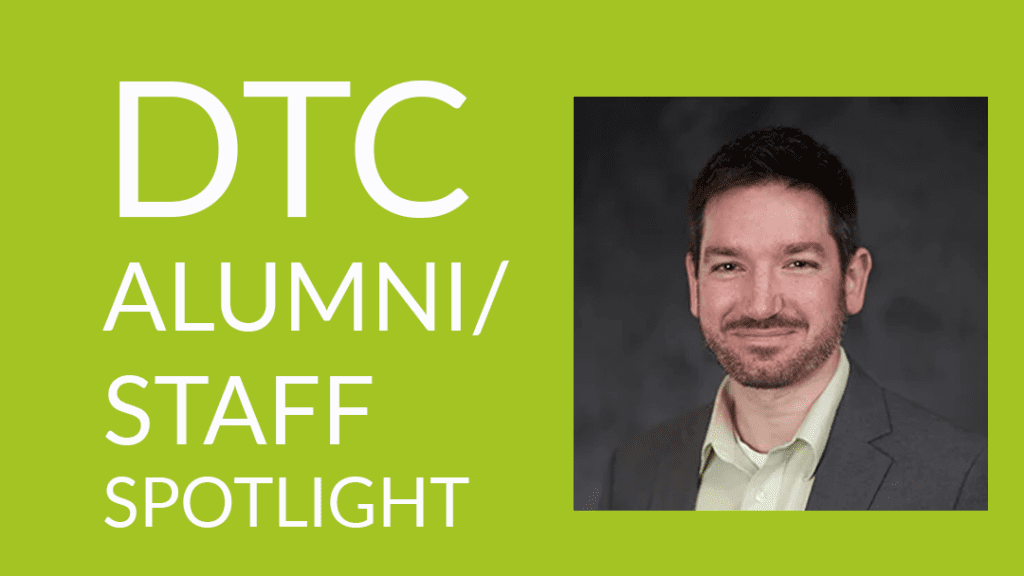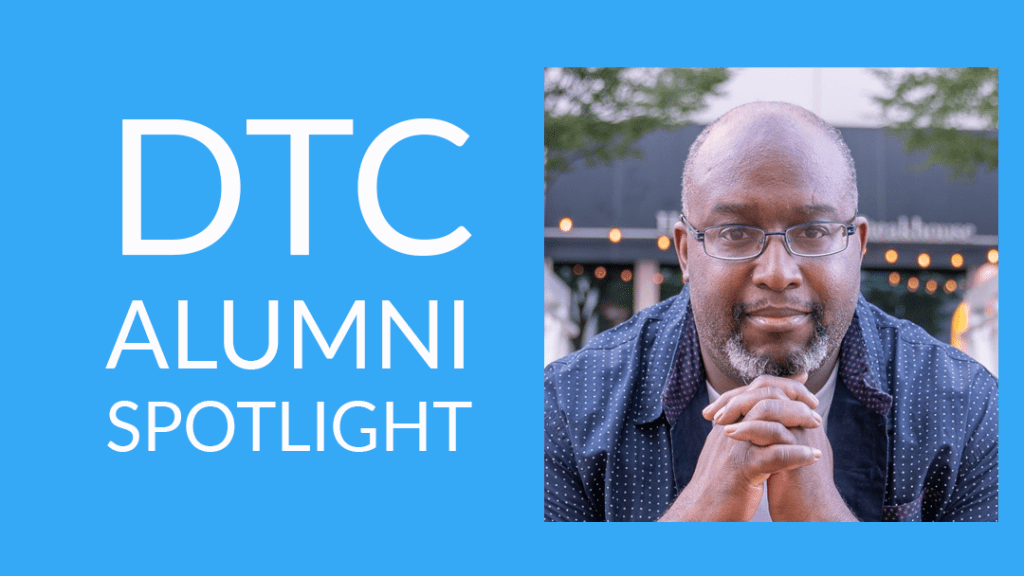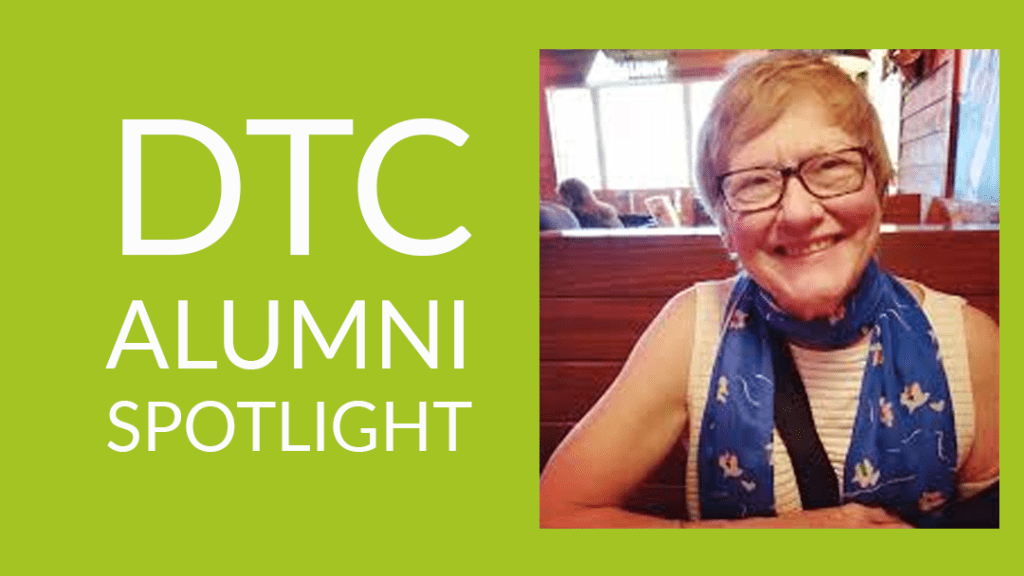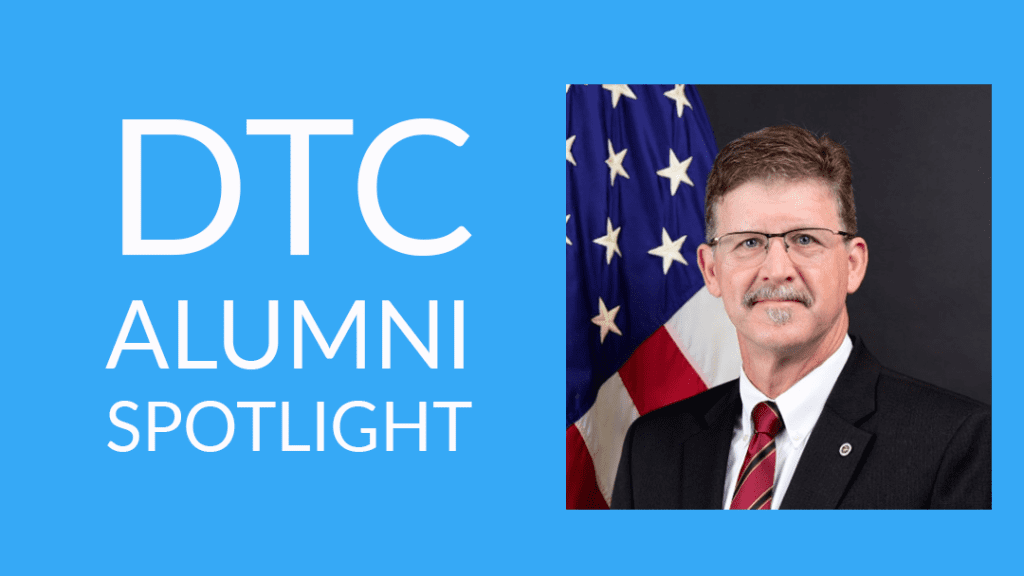When Jacob DeBlois first heard about Diabetes Training Camp, he was already an expert in the science of exercise. He held multiple degrees, taught university students, and understood the physiology behind every workout. But something was still missing.
Despite his credentials, Jacob hadn’t yet cracked the code for managing type 1 diabetes during endurance sports. The textbook knowledge was there. The personal experience with diabetes was there. What he lacked was the formula and a community that could help him turn all of it into a system that worked—on long runs, challenging rides, and grueling triathlon training days.
He found it at DTC.
Even Experts Need Community
By the time Jacob DeBlois arrived at Diabetes Training Camp, he had already spent years studying exercise physiology. He’d earned degrees from Skidmore, UMass Amherst, and was working on his doctorate from Syracuse. He understood how the human body responds to stress, adapts to training, and manages fuel during exercise. He knew what the textbooks said about type 1 diabetes—and he lived with it every day.
But when it came to managing blood glucose in the middle of a race or a training block, the answers still felt out of reach. “I could get three miles into a run and start crashing,” he recalled. “Or I’d eat so much to stay upright that I’d end up with stomach issues instead.”
What made it harder was how rare it felt to meet someone navigating the same challenges. “I didn’t know too many other individuals with type 1 diabetes,” Jacob said, “and none who were particularly active.”
Most of the research he encountered focused on type 2 diabetes or general population guidelines. His doctors were supportive, but their advice rarely addressed the demands of long-duration exercise or the real-world challenge of fueling for endurance sports. He was still figuring it out on his own.
That changed when a friend introduced him to DTC.
From First-Time Camper to DTC Staff
Workouts, Breakthroughs, and the Feeling of Belonging
Jacob soaked up everything camp had to offer, from the sprint workouts on the boardwalk to the breakout sessions led by top-tier medical experts. One moment that stuck with him: chasing professional triathlete Jon Fecik through a set of speed intervals—then getting dropped on the bike the next day.
“He definitely got his revenge,” Jacob laughed. “I held my own on the run, but he made sure I knew who was boss on the ride.”
What hit even harder were the classroom sessions. Jacob was used to scientific papers hidden behind paywalls and lectures that rarely mentioned type 1 diabetes. At camp, he found something else entirely.
“Dr. Matt got up there and started walking us through actual data—studies about athletes with type 1, including ones he was part of. It was the first time I’d seen this kind of research presented in a way that made it immediately useful.”
He also remembers his first group dinner, when someone’s device beeped and everyone instinctively checked their own. In that small moment, he felt something shift.
“That was when I thought okay—I’m home. Everyone here just gets it.”
A Natural Fit for the Team
During an exercise physiology session led by longtime Exercise Physiologist and coach Rob Powell, Jacob couldn’t help chiming in. This was his expertise, what he had spent years studying, and he felt a kinship to Rob. He expounded on Rob’s information, creating real-life situations, and saw that other campers could easily relate to Jacob’s experience and contributions. This opened up a whole new line of communication between him and his fellow campers.
“I think I just couldn’t stop talking,” Jacob laughed. “And eventually Dr. Matt pulled me aside and said, ‘You know, you would be a great fit for our team..’”
He accepted. Since then, Jacob has been a regular presence on DTC’s exercise physiology team, speaking at virtual camps, coaching in person, and guiding campers through the science of training with type 1.
The transition from camper to team member didn’t mark the end of Jacob’s learning. It opened the door for deeper connection. He found himself part of a team that blended expertise with empathy; people who understood the science, but more importantly, understood the experience.
A Personal Approach to Performance
Jacob may have started as a camper, but his expertise now plays a central role at DTC. As part of the camp’s exercise physiology team, he helps campers interpret how their bodies respond to physical activity. That starts with fitness testing on day one.
“We get everyone’s baseline fitness levels and calculate their heart rate training zones,” Jacob explained. “Those zones help athletes understand how different intensities affect how they burn fuel, which directly affects blood sugar.”
That kind of personalization is the heart of Jacob’s work. Campers don’t just learn what training zones are; they see how their own bodies operate within them. They get to experiment in real time, comparing how their glucose behaves in zone 2 versus zone 4, and learning when to fuel up or dial back.
“Everyone’s different. That’s what I try to hammer home to my students—and that’s why we personalize at DTC.”
Rather than prescribe one-size-fits-all rules, Jacob helps campers learn to observe and adapt. It’s not about theory. It’s about putting the data to use, whether you’re running hills, getting back on a bike for the first time, or chasing a new PR.
Guidance Across the Spectrum
One of the biggest misconceptions about Diabetes Training Camp is that it’s only for high-performing athletes. Jacob is quick to shut that down.
“Sure, we’ve got people trying to break course records. But we also have people getting back on a bike for the first time. And they all belong here.”
As part of the exercise physiology team, Jacob works with campers across a full range of goals and experience levels. In a single day, he might coach someone prepping for a Tough Mudder, then guide someone through their very first fitness routine.
“I love that I get to work with everyone—the person chasing a personal best and the person getting on a bike for the first time.”
He recalled one camper preparing to bike across Iowa who spent the entire week riding alongside someone new to cycling. “They stuck together the whole time,” he said. “Asking each other, ‘How’s your glucose? You want to rest?’ It didn’t matter that their goals were different. What mattered was the support.”
At DTC, the measure of success isn’t how fast you are. It’s how much you grow, how much you learn, and how far you’re willing to go with others in your corner.
Camp Doesn’t End When Camp Ends
For Jacob, one of the most unexpected parts of camp wasn’t the workouts or the science. It was the people, and how those relationships stayed active long after the week ended.
I never went to camp growing up. I played sports, but I’d never experienced a community like that. I didn’t expect to leave with so many friends.”
He’s stayed connected with campers across years and sessions, often through group chats or quick messages out of the blue. Sometimes those messages are about exercise or blood sugar strategy. Other times, they’re just for fun.
“I’ll get a text from someone because they saw a snack cake and thought of me,” Jacob said. “And they’re like, ‘Hey, remember when you destroyed that box of them at camp?’”
For him, that kind of connection reflects something more profound. The relationships built at DTC are based on more than shared workouts or lectures. They’re built on mutual understanding, humor, accountability, and the knowledge that someone out there knows exactly what it’s like to live and train with type 1.
Camp ends. The community doesn’t.
What He Found—and Why He Keeps Returning
Jacob came to DTC looking for better tools to manage type 1 diabetes during training. He found those tools along with something he didn’t expect: a lifelong community, a place to give back, and a reminder that no matter how much you know, there’s always more to learn.
Jacob doesn’t hesitate or mince words for anyone wondering whether they belong at DTC.
“Go. I’ll drag you there if I have to.”








